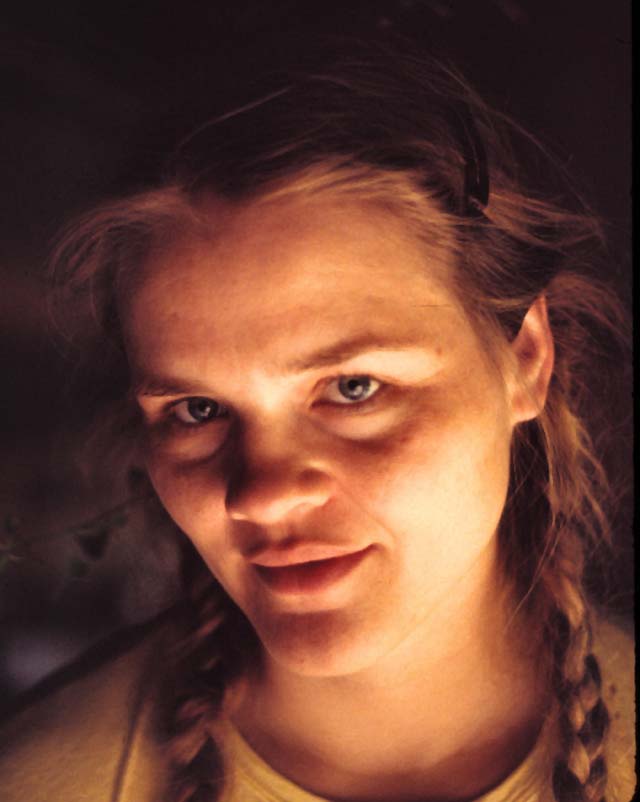Each day of a child’s life is their entire life. Right there. Just that. They live in the present. Tomorrow will never come.
When I was the mother of just two, I found myself thinking that, one day, when we earned more money, then I’d do this or that with the children, and we’d go out and have some adventures, and go to interesting places. Luckily, I realized, with a start, that THIS was their only childhood. There would not be another opportunity for my son or daughter to be this age, or at this stage of their development ever again. The time to DO was RIGHT NOW.
So, despite being officially in poverty--according to statistics--(my husband was active duty Navy in the Jimmy Carter era) I decided to not allow money to run my life. I looked up every single free, or nearly free, opportunity afforded families in our big old port city, and we went on adventures.
Many years later, my adult children validated my actions when they would reminisce about things we’d done. They also pointed out that they had no idea we were “poor” or that we had so little money. They just remember the many interesting things we did. One of my sons took his future wife on a date to the children’s section of the library to share with her his favorite books that we’d read, over and over. One of my daughters treated her college roommates to the repertoire of dinosaur songs we’d learned from a record I found. There they were—twenty-year-old women standing in front of an enormous skeleton listening to her sing: “Triceratops has three long horns, a beak like a parrot and a frill where his neck is!” Oh, and someday, I’ll tell you about going to beach in our shoes and pajamas early one morning when I heard on the radio about the dead whale that had washed up. Now, my newly teen-aged grandchildren tell me of the adventures they go on, because their parents say, “when I was a kid, we did this.”
Here are a couple of numbers:
- Children officially start school at age 5 in the United States
- During the five years from birth, motor control goes from zilch to walking and running without thought
- During the five years from birth, oral language goes from crying to complex communication
- The first three years of life are the most intensive period for language development
I guess what I’m saying is CARPE DIEM. If you have children in your life, make every day count. For a child, that is the only day they have. You do not have to take them to Disneyland to have a grand adventure. In fact, a Grand Adventure can be had watching a spider. I’m probably preaching to the choir here. But, the numbers that really matter in a child’s life are the hours that are spent in human interaction, curiosity satisfying, challenges attempted and conquered, and nature observed.


1 comment:
I teach 5 to 7 years olds in Primary and can tell immediately who has an enriched home environment and who doesn't. I feel such compassion for the less fortunate children and want to take them home with me and give them intense intervention!
Post a Comment